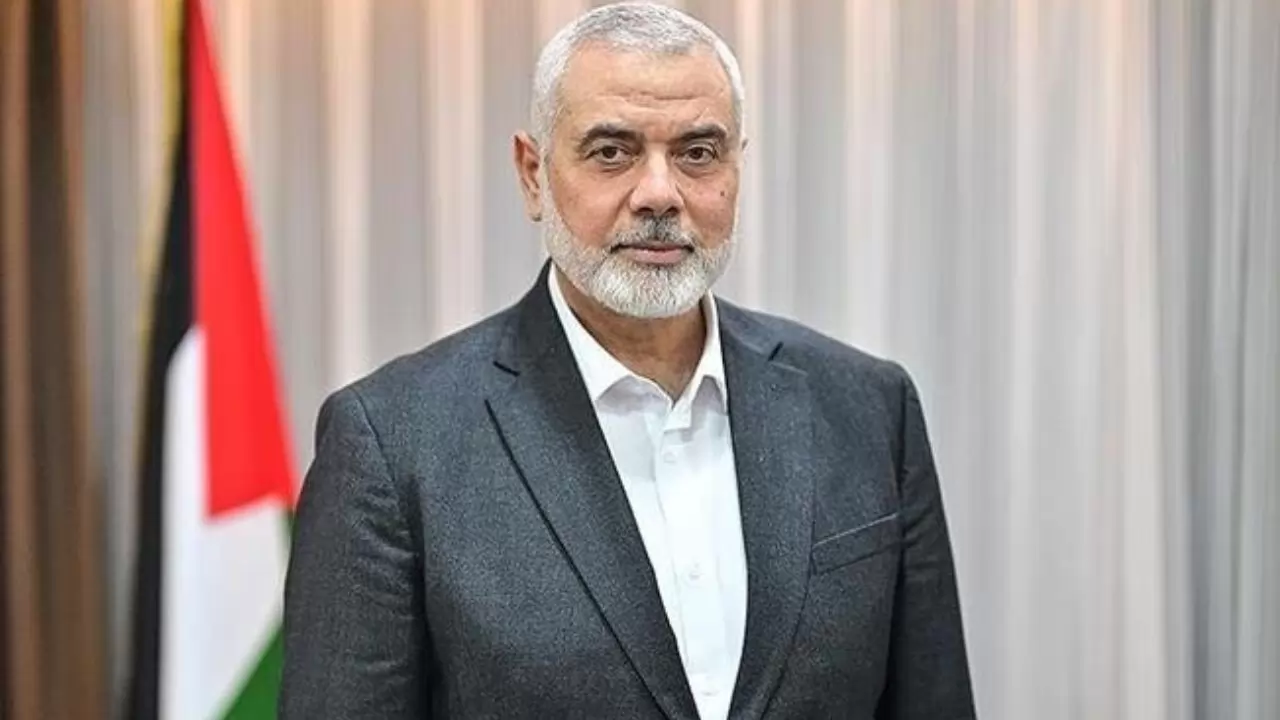
Ismail Haniyeh (X)
New Delhi: Following the reported death of Hamas chief Ismail Haniyeh on July 31, Turkish media outlets mistakenly identified the assassin as a Mossad agent named 'Amit Nakesh.' However, this name is fictional and cleverly plays on the Hebrew word 'hamitnakesh,' meaning 'assassin.'
The name 'Amit Nakesh' quickly circulated on Israeli social media as a clever prank, which misled several Turkish media channels. Initially, these outlets doubled down on the misinformation, tracing a fictitious backstory for the non-existent agent. Reports claimed that Nakesh was a former IDF officer with experience in specialized operations, serving in a secret intelligence unit.
Despite the initial embarrassment, the Turkish media eventually caught on to the hoax and removed references to the imaginary assassin from their reports.
Yesterday I posted a joke that the name of Mossad agent who killed Haniyeh is “Amit Nakesh”, which in Hebrew literally means “assassin”.
— Dr. Eli David (@DrEliDavid) August 1, 2024
Today the Turkish press ran with it, and some even referred to him as Colonel Amit Nakesh 🤣
👇 pic.twitter.com/vFlZ5gwx6S
Contradictory reports about Haniyeh's death surfaced. A few days after US media claimed that Haniyeh was killed in a bomb blast at a guesthouse in Tehran, the Telegraph published a report suggesting that Mossad was responsible for the assassination. According to this report, Mossad allegedly employed Iranian agents from the Ansar al-Mahdi protection unit to execute the plan.
Turkey press claims Mossad agent Amit Nakesh eliminated Haniyeh.
— Imtiaz Mahmood (@ImtiazMadmood) August 1, 2024
For those who don't speak Hebrew, Amit Nakesh sounds like a legit name in Hebrew but it's also literally Ass Assin. Mitnakesh means assassin. pic.twitter.com/QyaSBTBcqK
The publication detailed that explosives were strategically placed in three different rooms, with one detonated remotely when Haniyeh's presence was confirmed. An official from the Islamic Revolutionary Guard Corp (IRGC) stated that further investigations uncovered additional explosives in two other rooms.
Initially, the assassination was planned for May, coinciding with Haniyeh's attendance at the funeral of Iran's former president, Ebrahim Raisi. However, it was ultimately executed later, under mysterious circumstances that continue to intrigue international observers.





Copyright © 2026 Top Indian News
